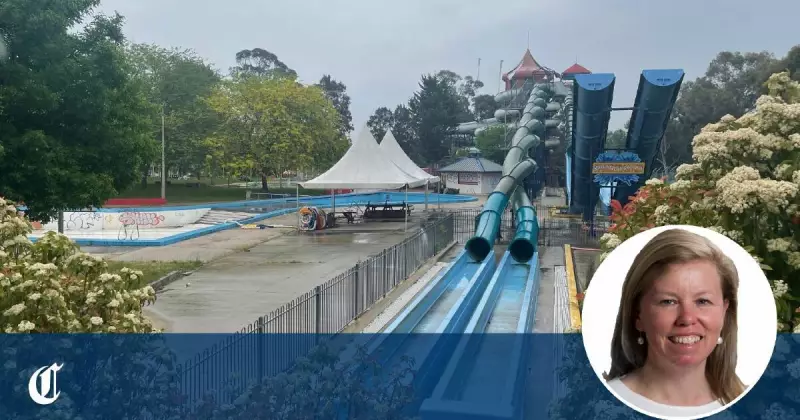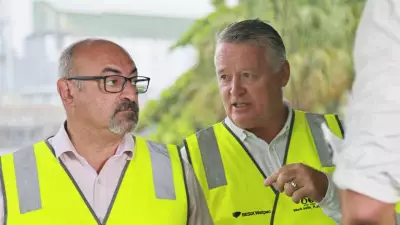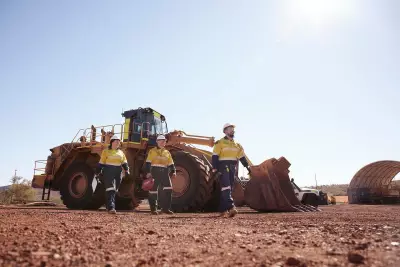
The Big Splash Controversy: More Than Just Empty Pools
The prolonged closure of Canberra's beloved Big Splash water park continues to generate genuine public fury, with the facility facing its second consecutive summer of inactivity. What began as temporary maintenance has evolved into a deeply concerning pattern of unfulfilled promises from the park's owners.
Translink Management Group, headed by Songnan (Morris) Huang, purchased the lease and business in 2021, but since then the popular recreational facility has deteriorated significantly. The owner's actions - including abandoning the site, disconnecting phones, and leaving the property vulnerable to vandalism - have raised serious questions about their commitment to maintaining a water park.
Broken Promises and Hidden Agendas
Sport and Recreation Minister Yvette Berry recently confirmed what many in the community had long suspected: the owner has aspirations to develop the site for purposes beyond water recreation. "Their intention, as the community has suspected, is that they have aspirations later into the future to build residential and accommodation of some sort there," Minister Berry revealed on ABC Radio.
While residential development would require rezoning the land from its current PRZ2 (Restricted Access Recreation Zone) classification - something the Assembly has already voted against - there are now suggestions the owner is considering a hotel development. Such a project wouldn't require rezoning but would need standard development approval processes.
The proposed replacement facilities, described as an "indoor-outdoor" 25-metre pool potentially located beneath a hotel, along with a splash park for toddlers, represent a significant downgrade from the comprehensive water park that previously served all age groups, particularly teenagers.
Questioning the Viability Argument
The owner's claims that Big Splash is no longer financially viable in Canberra's climate have been met with widespread skepticism. The facility operated successfully for decades under previous management, with its decline coinciding directly with the current ownership.
Local residents and officials are demanding independent structural assessments of the slides and other facilities before accepting they're beyond repair. The argument that Canberra's weather makes a water park unviable also faces challenge, given the city's characteristically hot summers and ongoing need for public cooling facilities.
As another summer approaches without the beloved water park, the community's frustration continues to grow. The empty, vandalised 50-metre pool stands as a stark reminder of what's been lost, while the owner's shifting plans and broken promises have eroded public trust. The call for transparent, independent evaluation of the facility's condition grows louder as Canberra faces the prospect of permanently losing another valued recreational space.






